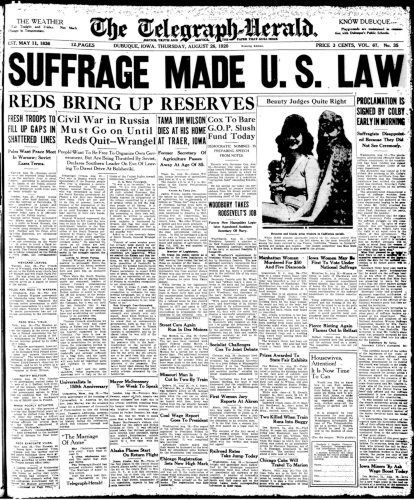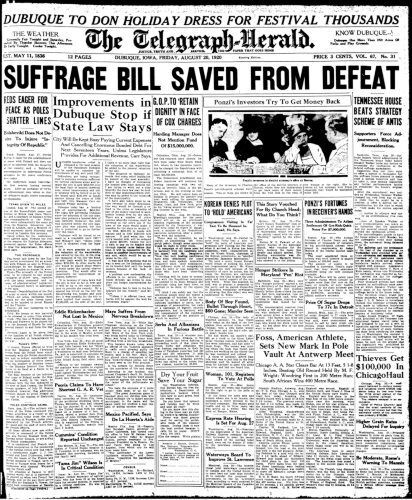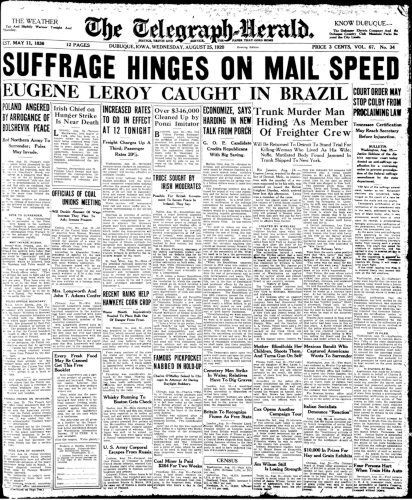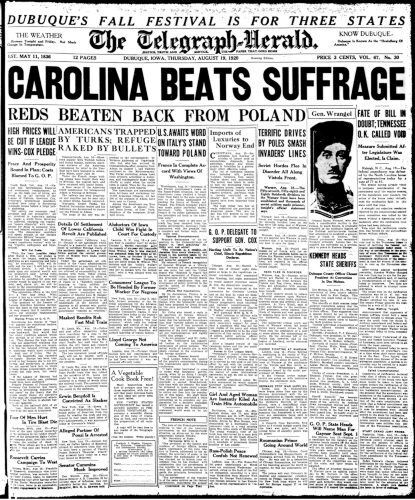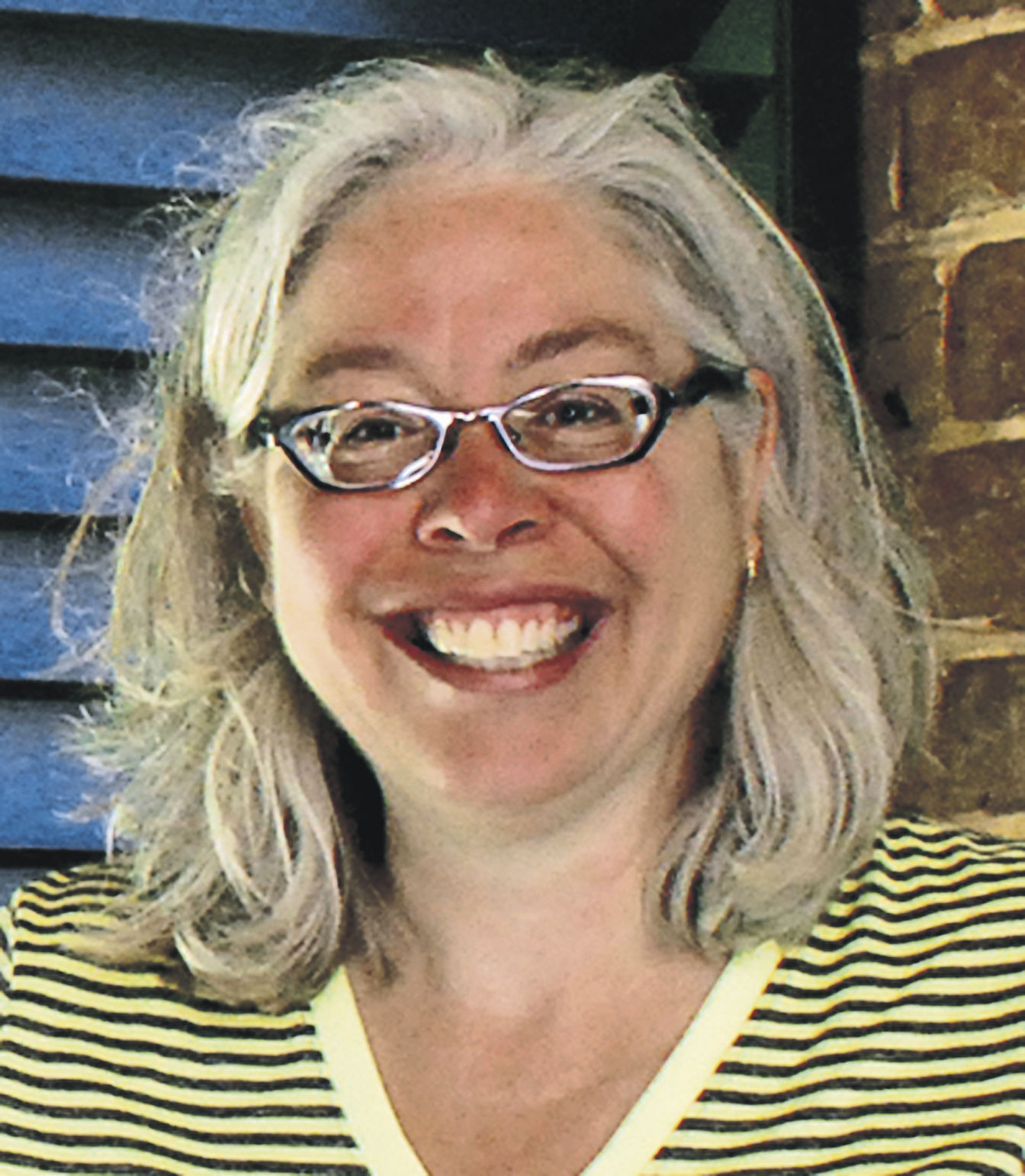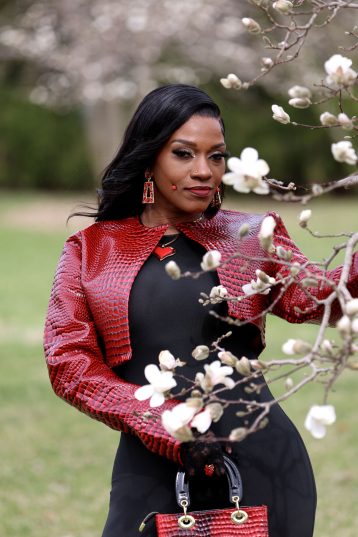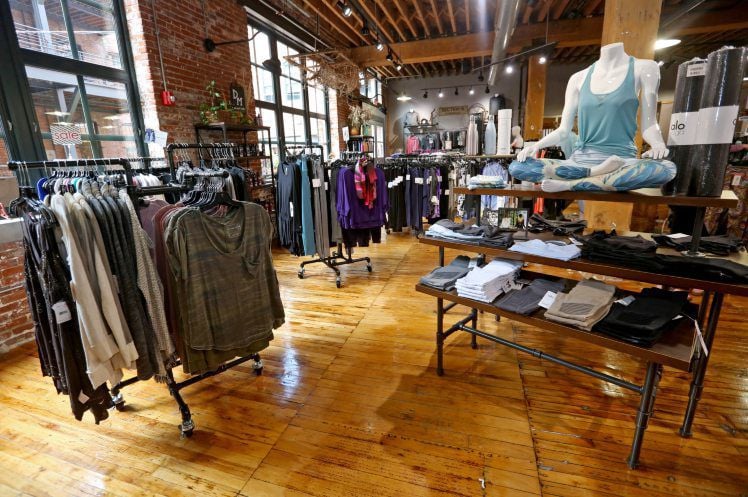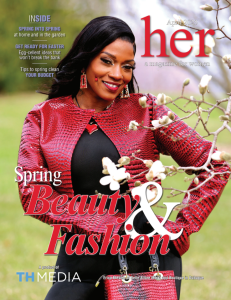Editor’s note: In honor of the 100th anniversary of women’s suffrage, the Telegraph Herald will be publishing a series of articles about how the groundbreaking 19th Amendment impacted the tri-states, as well as some of the key residents involved. This is part four of our series. Look for our next installment on Tuesday, July 7.
When we think of the history of women’s suffrage, most of us think of the right to vote and the victory that occurred on Aug. 18, 1920, when the 19th amendment was ratified, giving women voting rights in all local, state and national elections.
But Loras College professor of history Kristin Anderson-Bricker said that, while the passing of the 19th Amendment was an incredible milestone, it wasn’t a milestone of equal rights. It simply was one of many steps, and it’s a ladder we’re still climbing.
“One of the emphases, and there were many, of the women’s suffrage movement was not that women should vote because of equality or that they should even be elected to office,” she said. “It was that women should vote because they were good reformers and that they would elect men who were good reformers.”
In the Victorian and Edwardian society of the late 19th and early 20th centuries, the spheres of the female gender concentrated on issues such as education, poverty, prohibition and prostitution. The belief was that being involved in these issues elevated women as good wives and mothers.
These were issues that women could get involved in without stepping on the toes of their husbands or of the politicians whom their husbands had voted into office.
The 1849 Seneca Falls Convention was considered the spark of the women’s suffrage movement. It was there that those who would become the movers and shakers of the cause — Lucretia Mott and Elizabeth Cady Stanton among them — signed the Declaration of Sentiments, a document outlining the demand for equality.
The right to vote was just a small part of that document, and it was the only tenet that caused the majority of the women to hesitate.
Sixty women and 32 men signed that original declaration, which focused more on an end to the practice of coverture, a legal doctrine that stated that women gave up all rights to their property, their money and even their moral responsibility when they married.
“Technically, a woman who committed a crime could claim no responsibility for it,” Anderson-Bricker said. “Her husband was responsible for her actions.”
Most of the women involved in the early years of the suffrage movement, including Dubuque suffrage leaders like Mary Newbury Adams and Clara Aldrich Cooley, were not initially interested in the vote. They were interested in abolishing coverture and working on issues that involved the education of their children, feeding the poor, banning alcohol from their homes and helping “ladies of the night” get off the streets.
Dubuquer Anna Bell Lawther made a name for herself with education reform, becoming the first woman in the country appointed to a state education board in 1921. While she did run for political office later in her life, her emphasis remained more on social issues than politics.
“There was definitely more of an emphasis on reform than politics,” Anderson-Bricker said. “A few women took it farther than that, but most women didn’t feel that way.”
It was not until the era of Civil War Reconstruction, in the late 1860s and early 1870s, that some suffragists turned their efforts to securing the vote.
“And really, the reason for it was racist,” Anderson-Bricker said.
After the Civil War, African American male suffrage came to the forefront. Some suffragists argued that if African American males were going to get the vote, then certainly educated white women should get it as well.
“It was almost an accident that the vote becomes a focus of suffrage,” Anderson-Bricker said. “Between 1869 and 1880, the women’s suffrage movement is split between those still focused on coverture and their spheres of influence, and those who become focused on the vote.”
Even those suffragists who were initially against women gaining the vote eventually came to embrace the cause.
“They saw it as a part of their tool kit to reform the communities they lived in,” Anderson-Bricker said. “In their minds, voting was a way for them to be better in their roles as wives and mothers.”
The vote did win out with the passing of the 19th amendment, but it wasn’t until the 1990s that all mentions of coverture were removed from U.S. law.
“On a whole, being elected to office wasn’t a goal of suffrage,” Anderson-Bricker said. “Election to political office was a different mentality. It would take a while.”
A long while.
It took almost a century after the 19th amendment for Iowans to elect women to positions in the U.S. government. Sen. Joni Ernst became Iowa’s first female senator in 2014. Gov. Kim Reynolds became the first female governor of the state in 2017. Rep. Abby Finkenauer became the first female elected to the U.S. House of Representatives in 2019, and the second-youngest member elected.
“We definitely have institutionalized racism in our country,” Anderson-Bricker said. “So it’s not that far to think we have institutionalized sexism, too. If women are 50% or 52% of the population, it’s weird that we’re still talking about the minute number of women who are in political office.”
While there has been a lot of social and political change since the passing of the 19th{/sup} amendment, Anderson-Bricker said there still is a long way to go in achieving parity in politics.
“We have to have those conversations,” she said. “It’s hard to foresee the steps to get there. But I’m an optimist. I believe we’ll get there.”

